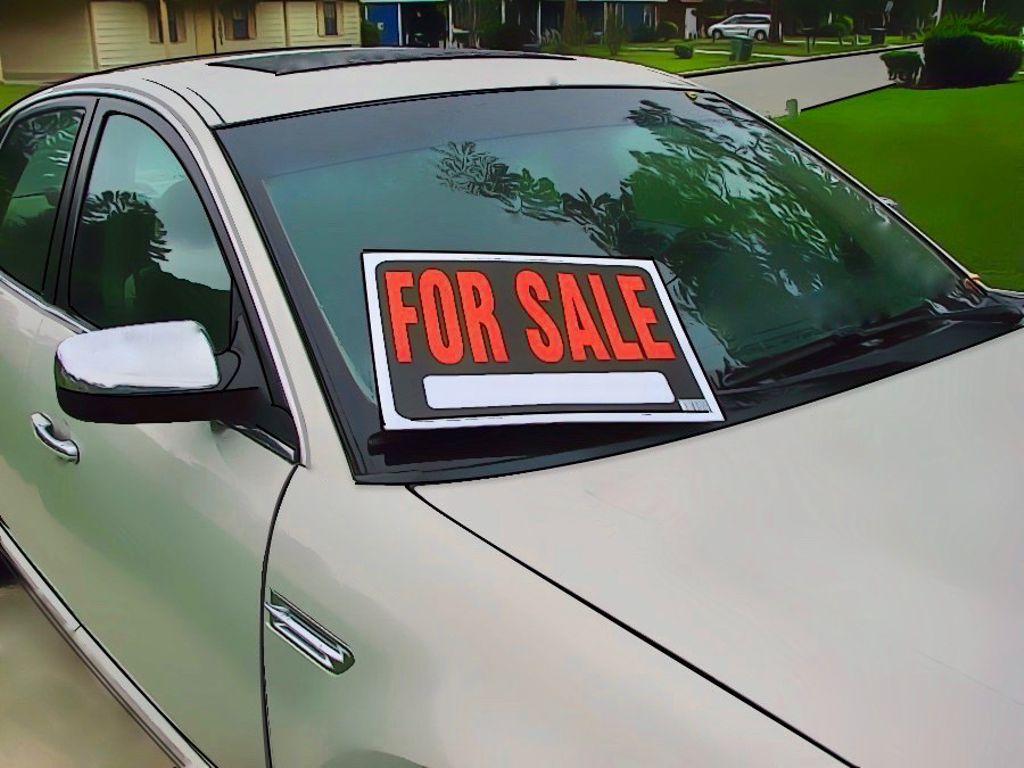When it comes to purchasing a car, a lot of buyers find that selecting a used car is often the best choice. Not only can you save a significant amount of cash, but you also have the opportunity to a broader variety of options that may have been out of budget if purchased straight from the manufacturer. Nonetheless, navigating the world of used car financing can be daunting. With numerous options available, along with various financing methods and considerations, it's crucial to equip yourself with insight to make an wise decision.
In this guide, we will guide you through all you need to know about used car financing. From identifying used cars Angus and understanding used car pricing to tips on financing with bad credit, we examine the key aspects of the buying process. If you are considering a trustworthy vehicle for your daily commute or a family-friendly SUV, our insights will help you make the decision that best fits your needs and budget. Let us delve into the key elements of financing a used car to make sure that you drive away content and assured in your purchase.
Buying and Funding a Used Car
As evaluating the purchase of a second-hand car, a crucial first step is to set your financial plan. This budget should consider the total cost of ownership, including funding, insurance, upkeep, and fuel. Establishing a definite financial plan helps you refine your options and avoids overspending. Additionally, exploring the market value of the cars you are interested in can give you a better understanding of what is deemed a fair price.
Financing a second-hand car can be an essential part of the purchasing process, especially for those who may not have the full amount on hand upfront. If you have poor credit, there are many financing options, but it is crucial to explore for the best interest rates. Many car dealers and credit unions offer financing specifically for used cars. Getting pre-approved for a loan can also provide an advantage when discussing the buying price with the seller.
Comprehending depreciation is key to making a wise buying decision in the used car market. Cars diminish value quickly in the first few years, which is why buying a used vehicle can save you a substantial amount of money. It is recommended to look for models known for their reliability, as this can affect long-term ownership costs. Keep an eye on market trends and used car values, as these can influence both your buy and potential reselling in the future.
Best Pre-owned Cars to Consider
When searching for a dependable used car, it's essential to focus on models known for their long-lasting performance and reliability. The Subaru Corolla consistently ranks as one of the most reliable vehicles on the market. This mini car offers notable fuel efficiency, a track record for few maintenance issues, and a smooth ride. Its resale value remains high, making it a smart investment for budget-conscious buyers.
Another fantastic choice is the Toyota CR-V, a popular compact SUV that is suited for families and individuals alike. The CR-V is known for its spacious interior, cutting-edge safety features, and strong performance. With its great fuel economy and reliability, it is often included on lists of best used SUVs for families. Whether you're traveling or preparing for road trips, the CR-V can satisfy a variety of travel needs.
For those in the market for a used truck, the Chevrolet F-150 stands out as a leading pick. Known for its strong towing and hauling capabilities, the F-150 is flexible and reliable. It merges power with modern features, making it suitable for both labor and leisure. With a wide range of engine options and styles available, buyers can find a model that meets their specific requirements.
Protecting The Pre-Owned Vehicle
Caring for the used vehicle in good condition is crucial for securing its longevity and reliable performance. Regular maintenance is the cornerstone of responsible vehicle ownership. Start by following the manufacturer’s recommended service schedule for oil changes, tire changes, brake inspections, and fluid inspections. These routine services can avert larger issues down the line, which saves both time and money.

In addition to scheduled maintenance, it’s crucial to pay attention to how your vehicle operates and sounds during daily use. Unexpected noises, vibrations, or warning lights on the dashboard should be taken seriously. Tackling minor problems early can often stop them from becoming serious repairs. Developing a relationship with a trusted mechanic who understands your vehicle’s history can be crucial in managing recurring maintenance needs.
Ultimately, keeping your used car neat and protected can significantly impact its lifespan and resale value. Regular washing and waxing can protect the paint and prevent rust, while interior care ensures that the upholstery is kept in excellent condition. Investing in a high-quality set of floor mats can help protect against damage. Overall, maintaining your vehicle is not just about repairs; it’s about creating a regular routine that honors your investment in a used car.
